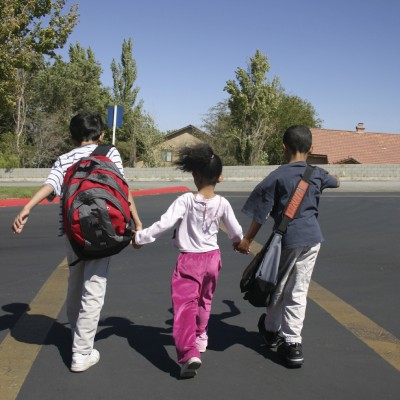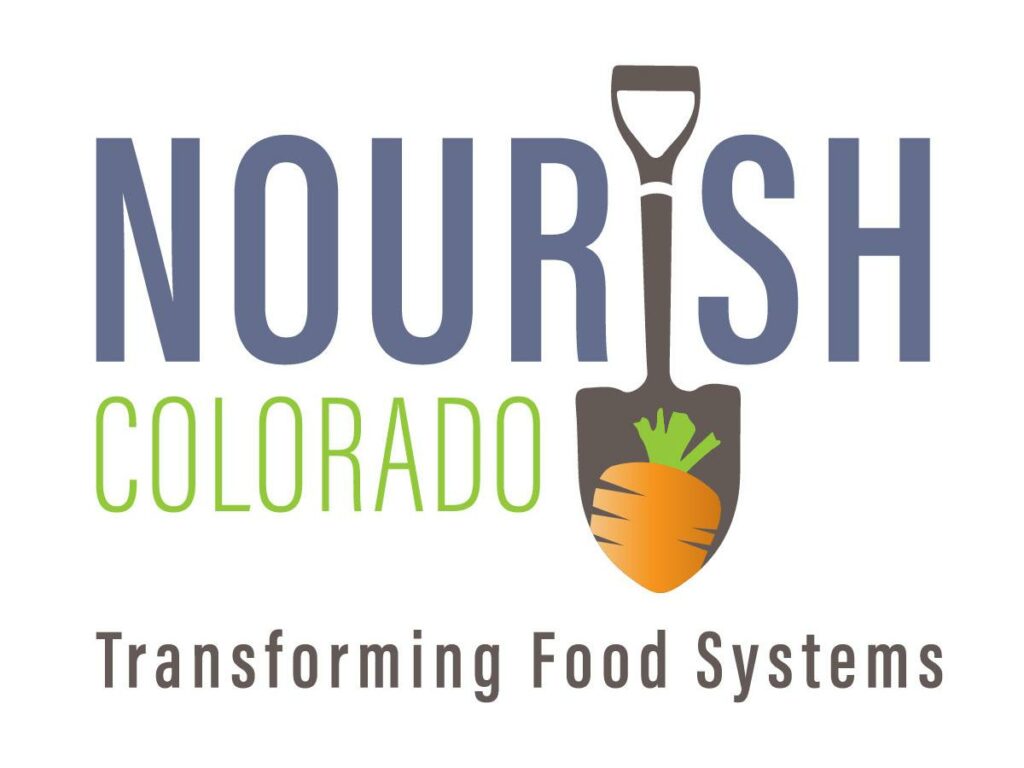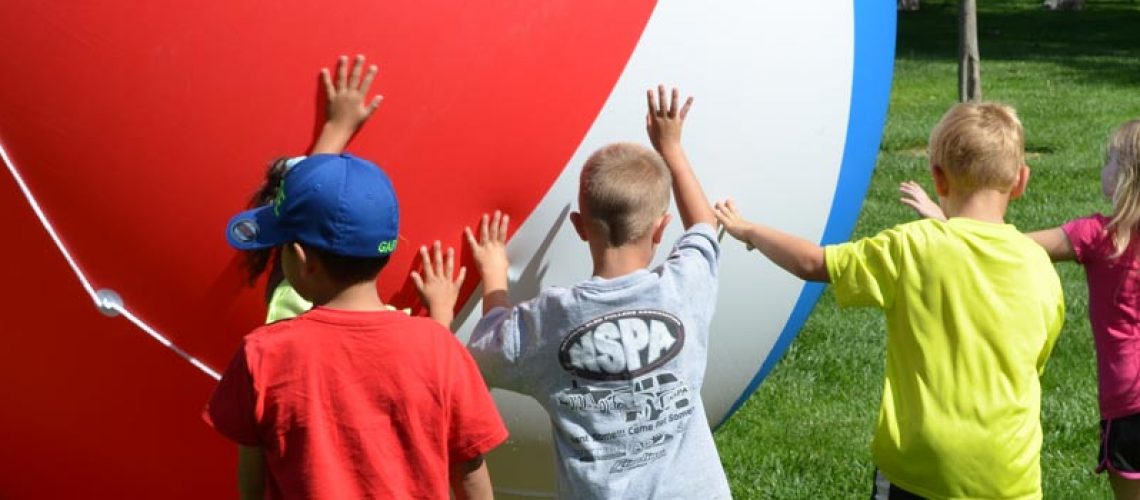At the recent Colorado Bike Summit, hosted by Bicycle Colorado, one of the sessions focused on Safe Routes to School (SRTS).
While federal and state dollars have allowed CDOT to award schools and communities grants to address the needs at their schools since 2005, SRTS is not just a funding program. Communities across Colorado often tap into local resources (staff time, local funds, etc.) to really make their programs sustainable.
 Four SRTS programs were highlighted at the Summit. All four communities have leveraged SRTS funding by investing local resources to create a Safe Routes to School culture from a specifically funded program. They shared how their school, school district, city, and nonprofit have gone above and beyond to engage and encourage biking and walking with students. We will highlight each of these programs in upcoming Spin newsletters.
Four SRTS programs were highlighted at the Summit. All four communities have leveraged SRTS funding by investing local resources to create a Safe Routes to School culture from a specifically funded program. They shared how their school, school district, city, and nonprofit have gone above and beyond to engage and encourage biking and walking with students. We will highlight each of these programs in upcoming Spin newsletters.
The City of Loveland’s SRTS Program was started with a CDOT infrastructure and non-infrastructure grant in 2008. The city’s Public Works Department was getting many requests for infrastructure needs around its schools. The staff thought it was a perfect opportunity to fund improvements while partnering with the schools to get a commitment to proactively improve transportation safety and behaviors during drop-off and pick-up. Initially led by Shelley Aschenbrenner in Project Engineering and Derek Schuler in Traffic Engineering, the program has now grown enough that the City of Loveland is working on a transition plan to turn leadership of the education and encouragement portion over to the school district.
Loveland’s program emphasizes using a non-personal mode of travel at least one day per week by families. Their T-n-T (Tires and Tennies) Tuesdays program kicks off on Walk to School Day in October and runs through the school year. Students logging over 50% of trips per year get an individual prize, and the two schools with the highest percentage of logged days win a one-day inflatable maze rental for their spring field day.
To ensure sustainability, Loveland identified a liaison at each school to coordinate communications. Next they created a SRTS Task Force that includes district personnel, representatives from city departments, local advocacy groups and parents. Their next goal is to host a workshop at each school to get more parent engagement and customization for conditions at each school. Loveland has also developed key partnerships within the community that have helped with program sustainability including CanDo, Safe Kids Larimer County, PEDAL Cycling Club, Kiwanis, Healthy Kids Club, and BPEC. Loveland has realized that they also need an identified leader at the administration level at the district to support and implement educational/encouragement ideas.
To find out more about the program in Loveland, contact Shelley at Michelle.Aschenbrenner@cityofloveland.org.

